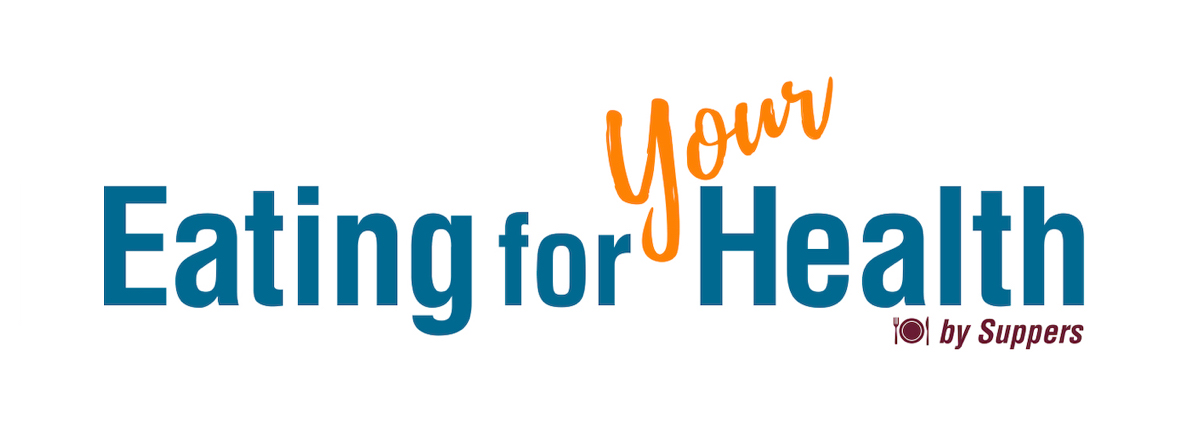Petra’s Story: Group Autonomy
“Seeker” is probably the word that best describes my image of myself in recent years. Casting about for ways to explain and tame my raging mood swings has been a humbling experience. Most of the time, I’m a pretty nice, rational person. But when I snap, I’m a lunatic. Being in seeking mode has helped because it makes me feel like I’m solution oriented. As soon as I feel like I have it all figured out, I’m more likely to slip, sugar binge, and get hostile.
